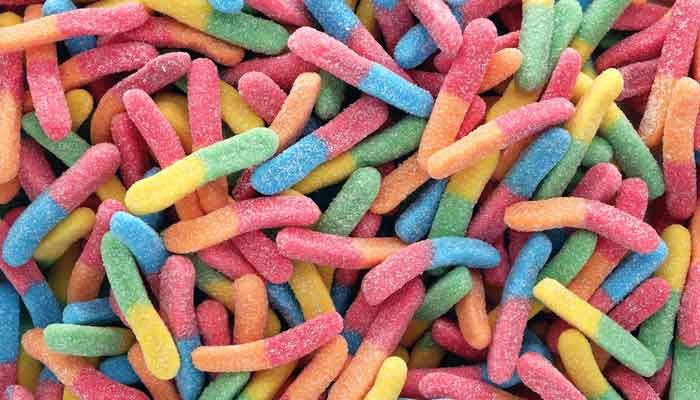
Some manufacturers in the United States are looking to switch to natural dyes to colour their food products as artificial food dyes are becoming increasingly restricted at state and federal levels.
US Food and Drug Administration Commissioner Dr Marty Makary announced in an April 22 briefing that the agency plans to work with industry to phase out the use of petroleum-based synthetic dyes in the US food supply, reported CNN.
Those dyes are commonly used to make food and beverage products brightly coloured and more appealing to consumers.
They include red No 40, yellow No 5 and No 6, blue No 1 and No 2, and green No 3.
Natural food dyes, which could replace them, are derived from vegetables, fruits, animals and minerals, according to the FDA.
Due to concerns about negative impacts on animal and human health — including increased risk of cancer and neurobehavioral issues, Makary’s announcement is the latest move in the push to get food companies to stop using artificial dyes.
Moreover, the FDA also soon aims to authorise four new natural colorants and fast-track the review of others, including Galdieria extract blue, gardenia blue, butterfly pea flower extract and calcium phosphate.
“The FDA is asking food companies to (voluntarily) substitute petrochemical dyes with natural ingredients for American children,” Makary said in a news release. “… Given the growing concerns of doctors and parents about the potential role of petroleum-based food dyes, we should not be taking risks and do everything possible to safeguard the health of our children.”
Significant shifts in the legal landscape around food additives over the last two years are being followed by the FDA announcement. California banned red No 3 statewide in October 2023, followed by a ban of six other common dyes in school foods in August.
The FDA banned red No 3 in January, effective for food on January 15, 2027, and for drugs on January 18, 2028 — but the agency is now asking food companies to eliminate the dye sooner.
Prohibiting seven dyes and two preservatives, in March, West Virginia passed the most sweeping law thus far.
Some natural dyes are already being used in products sold in the United States, and some stores have policies barring the sale of foods with synthetic dyes, said Melanie Benesh, vice president of governmental affairs at the Environmental Working Group, a nonprofit environmental health organisation.



